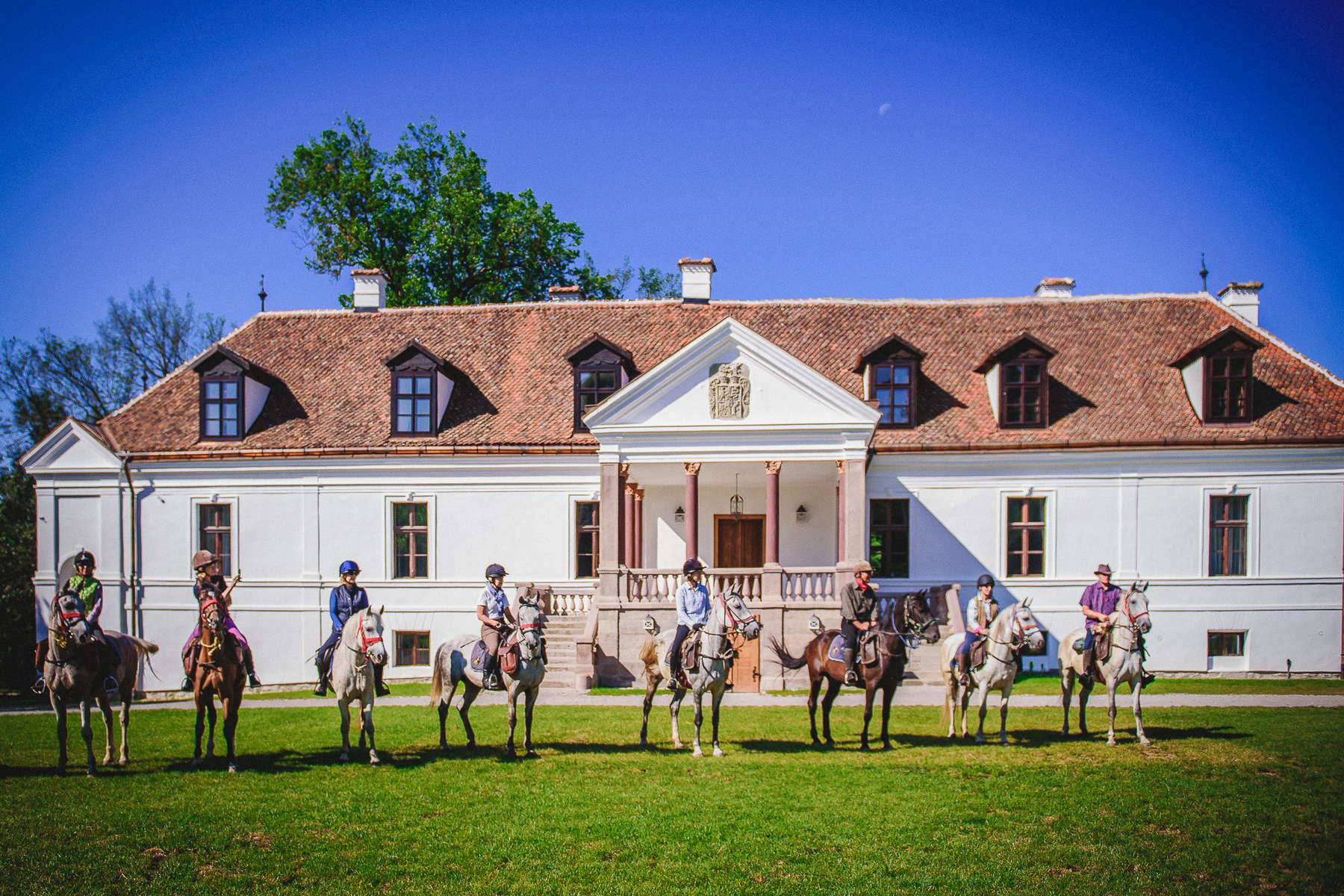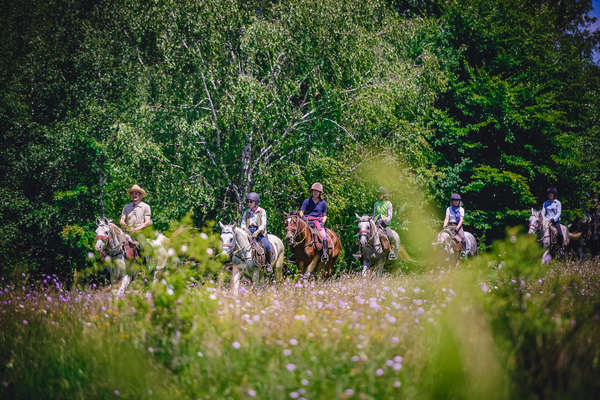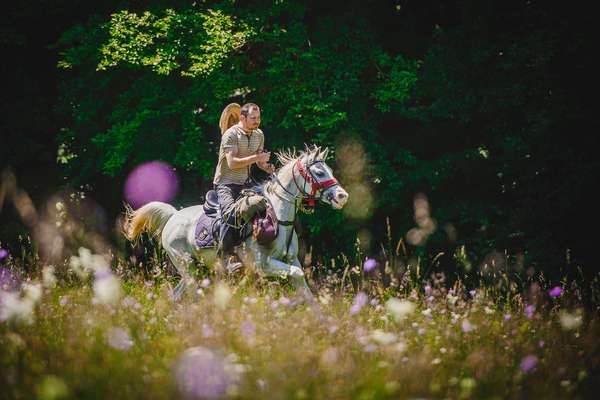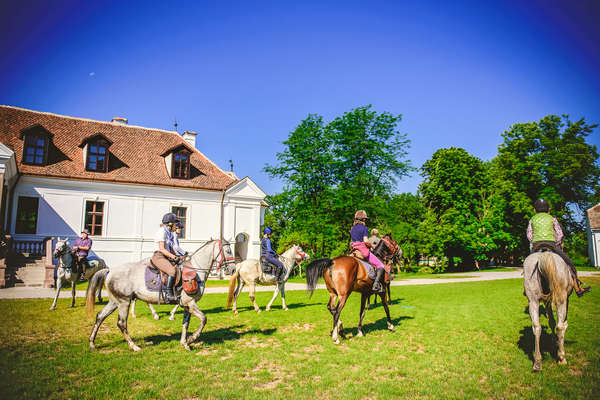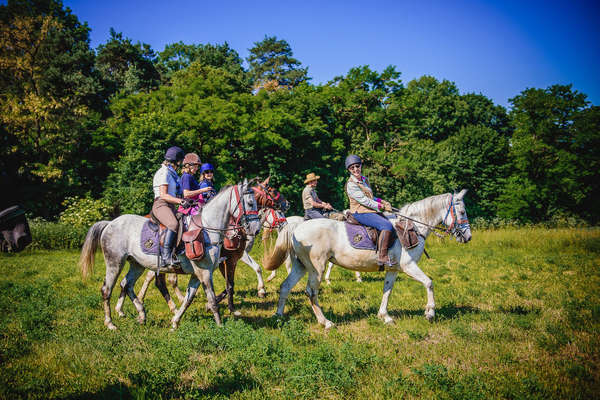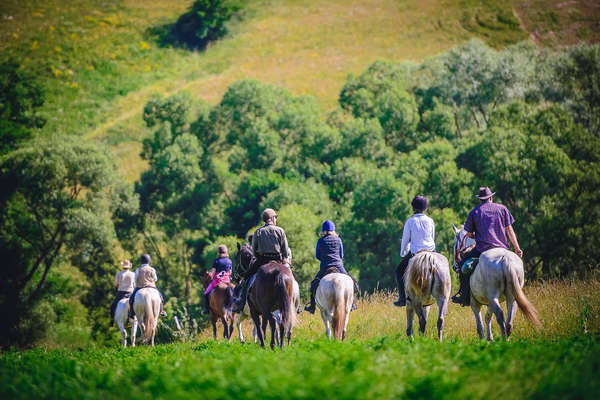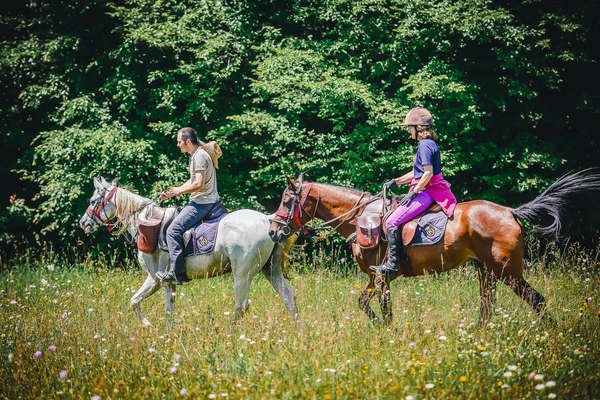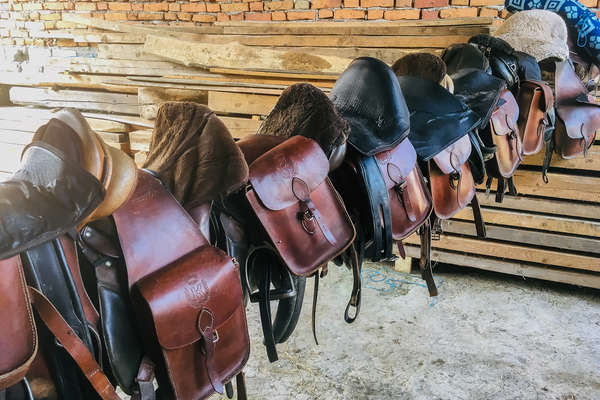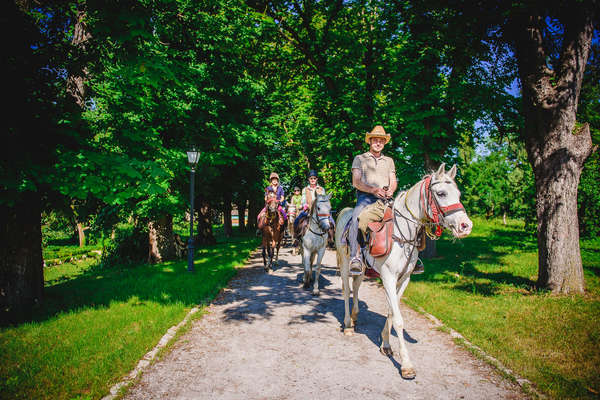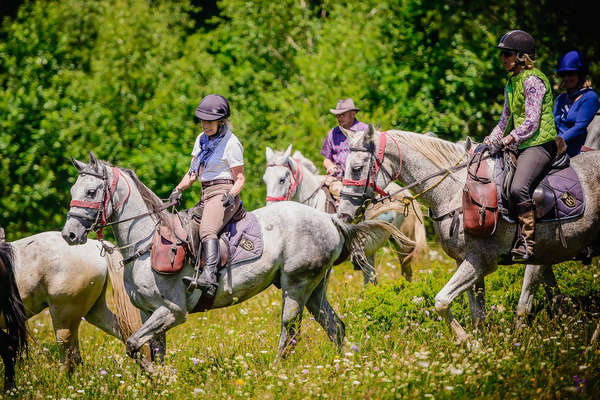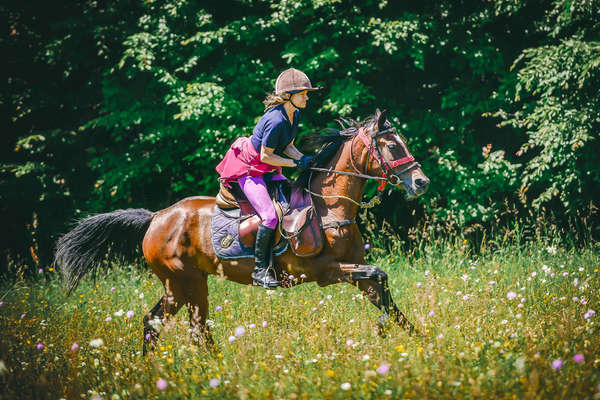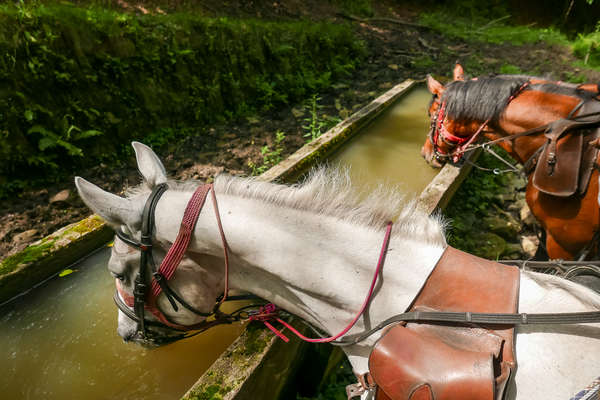Comfort
The accommodation varies throughout the trail. You will experience life as the locals live in the village, but also enjoy the charms of Count Kalnoky’s and The Prince of Wales’s cottages.
Rural guesthouses in the villages are roughly equivalent to British 'B&Bs' and you are staying with a family. They are simple but clean and well maintained, with inside plumbing, bathrooms and loos, hot water and central heating. Bathrooms are often shared and may be along a corridor or through the kitchen. Most bathrooms have showers rather than tubs but are clean with plenty of hot water.
Kalnoky's and Prince of Wales cottages: The guestrooms are furnished exclusively with antique Transylvanian furniture, including most of the textiles. All rooms have double beds with woollen and duvet covers. In order to create an atmosphere of peace and tranquillity, the rooms do not have television or radio; instead, you will find plenty of interesting books on the shelves. Each room has an electric kettle, with tea and coffee provided.
Meals
Food in rural Romania is generally organic and full of flavour and you will have the chance to sample some traditional dishes, although the choice can be limited by what vegetables etc are in season. Breakfast is eaten at your guesthouse or inn and is typically a selection of eggs, cheese or cold meats with bread or toast. Lunch is generally a very simple picnic out riding - ham or cheese sandwiches with fruit for pudding. Dinner, which is eaten at your guesthouse or hotel, is often soup, then a main course which will sometimes include a regional speciality such as wild boar or venison stew, peppers stuffed with meat or vegetables, different types of sausage, seasoned minced-meat wrapped in cabbage or vine leaves or perhaps spicy meatballs, followed by a cold pudding or fruit. Food is locally grown and fresh, however usually only one menu is prepared at the guesthouse and there is no choice.
Vegetarians can of course be catered for, but please let us know in advance.
Drinks are not included and payable locally.
Climate
The average temperature in the south and along the Romanian coast is around 11°C, but is only 2°C in the mountainous regions. Winters in Romania can be particularly harsh and foggy; it often snows copiously between December and April.
In summer, it is generally hot and sunny along the Black Sea coast, with rainfall reaching its peak across the country in spring. The mountains receive the most rain and the Danube Delta the least.
Between April-May and September-October the temperature up in the mountains is usually around 12°C - 16°C and in the summer, a very agreeable, 22°c in the day - with some rainstorms possible.
Tips
Tips usually come to around 10% of the overall cost of your trip, but tipping always remains at your discretion.
Packing list
Please pack carefully and sensibly: the following guide is here to give you an idea of what to bring. This list must be adapted depending on the season and individual needs.
Head
- Riding helmet
- Sunhat for when not riding
- Sunglasses - with a cord attached so they don't fly off when riding
Upper body
- Long sleeved shirts provide protection from the sun or extra warmth
- T-shirts
- Lightweight fleece or jumper
- Waterproof jacket (made from Goretex or equivalent) waterproof and breathable
Lower body
- 2 pairs of lightweight, comfortable riding trousers or jodhpurs - we recommend riding in them at home before taking them on holiday to ensure they don't rub
- Casual clothes for the evenings (jeans or walking trousers)
- A swimming costume
- Non-irritant cotton or synthetic underwear
Hands and Feet
- Comfortable riding boots. We recommend short boots with half chaps. We don't recommend taking your favourite long leather boots in case they get damaged
- Lightweight shoes or trainers for the evenings
- Several pairs of warm socks
- Gloves
Other useful items
- Water bottle
- Toiletries
- Ear plugs (may be useful)
Medical kit
- Any medication you regularly take
- Painkillers
- Imodium or similar anti-diarrhea medication
- Vitamin C tablets
- Sunscreen and lip balm - should be high factor
- Insect repellent
- Eye drops
- Hydrating/ soothing cream
- Plasters
- Blister plasters in case of any rubs
- Antiseptic cream, plasters, aspirin, anti-histamine, insect-bite salve etc..
- 10cm wide bandage
- Spare prescription glasses/contact lenses
- Re-hydration sachets
- Antiseptic wipes
- Handwash gel
Our Recommendations
- Backpacks cannot be worn whilst riding. We recommend a small bumbag or a coat with pockets so that you can carry small items with you during the day (passport, camera, sunscreen, lipbalm etc)
- We recommend travelling in your riding boots and carrying your hat and some riding clothes in your hand luggage - then if your luggage goes astray you are still able to ride!
- You should also bring a copy of your passport/insurance in case you lose your documents. You can also save a copy into your mobile phone.

